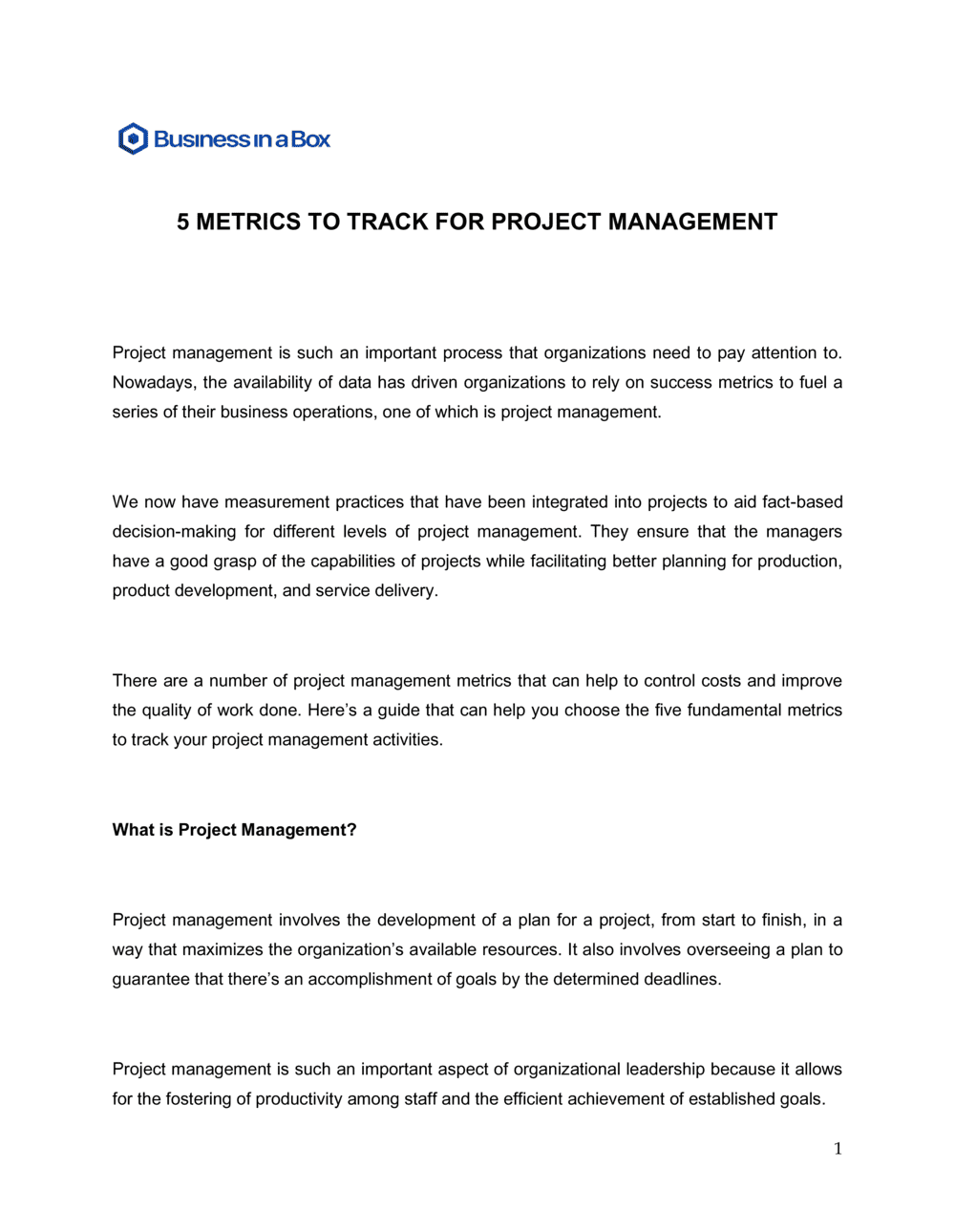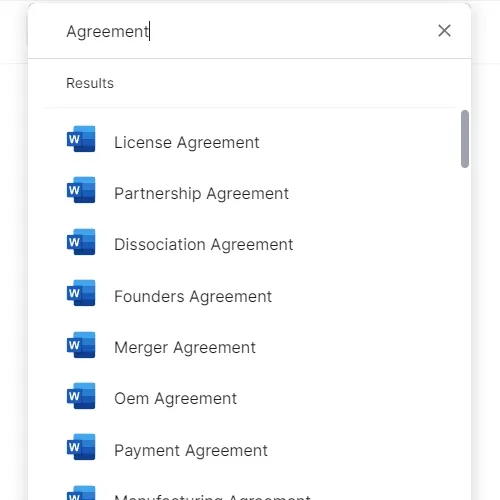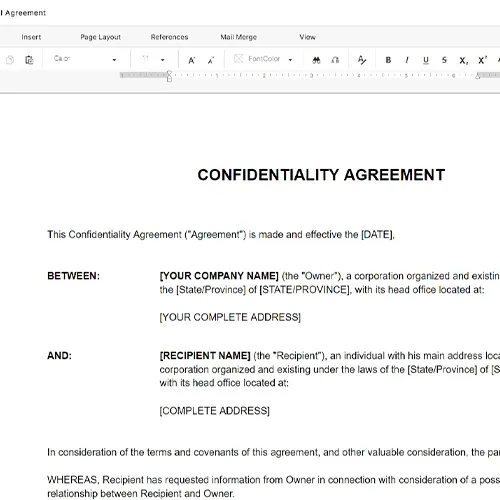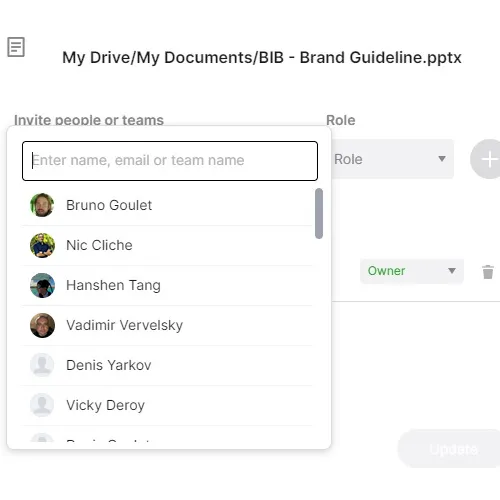5 Metrics To Track For Project Management Template

Document content
This 5 metrics to track for project management template has 3 pages and is a MS Word file type listed under our business plan kit documents.
Sample of our 5 metrics to track for project management template:
5 METRICS TO TRACK FOR PROJECT MANAGEMENT Project management is such an important process that organizations need to pay attention to. Nowadays, the availability of data has driven organizations to rely on success metrics to fuel a series of their business operations, one of which is project management. We now have measurement practices that have been integrated into projects to aid fact-based decision-making for different levels of project management. They ensure that the managers have a good grasp of the capabilities of projects while facilitating better planning for production, product development, and service delivery. There are a number of project management metrics that can help to control costs and improve the quality of work done. Here's a guide that can help you choose the five fundamental metrics to track your project management activities. What is Project Management? Project management involves the development of a plan for a project, from start to finish, in a way that maximizes the organization's available resources. It also involves overseeing a plan to guarantee that there's an accomplishment of goals by the determined deadlines. Project management is such an important aspect of organizational leadership because it allows for the fostering of productivity among staff and the efficient achievement of established goals. Benefits of Using Metrics to Track Project Management Employing metrics to track the development of a project can be very useful in analyzing performance and adjusting when needed. Some of the benefits of tracking project management through metrics include: Objective Measurement: Using metrics ensures that you can quantify the performance of a project, whether it's with quantifiable or non-quantifiable concepts. Project Adaptability: Understanding the intricacies of a project will make it easier to respond to project alterations when the need arises. This helps in improving the quality of overall performance. Problem Identification: Ongoing metrics during a project period help to figure out ways to identify potential problems. When these metrics point out areas where performance isn't meeting expectations, there's an opportunity to make adjustments that will increase production speed or quality. The earlier the areas of concern are identified, the faster it will be to resolve issues and make the required changes to the procedures. Improved Future Performance: With metrics, you can guide your project from start to finish, improving the productivity level and chance of achieving the prescribed goals in the future. 5 Metrics to Track for Project Management There are several different metrics that can be used to track the success of a project manager in each stage
3,000+ Templates & Tools to Help You Start, Run & Grow Your Business

Document content
This 5 metrics to track for project management template has 3 pages and is a MS Word file type listed under our business plan kit documents.
Sample of our 5 metrics to track for project management template:
5 METRICS TO TRACK FOR PROJECT MANAGEMENT Project management is such an important process that organizations need to pay attention to. Nowadays, the availability of data has driven organizations to rely on success metrics to fuel a series of their business operations, one of which is project management. We now have measurement practices that have been integrated into projects to aid fact-based decision-making for different levels of project management. They ensure that the managers have a good grasp of the capabilities of projects while facilitating better planning for production, product development, and service delivery. There are a number of project management metrics that can help to control costs and improve the quality of work done. Here's a guide that can help you choose the five fundamental metrics to track your project management activities. What is Project Management? Project management involves the development of a plan for a project, from start to finish, in a way that maximizes the organization's available resources. It also involves overseeing a plan to guarantee that there's an accomplishment of goals by the determined deadlines. Project management is such an important aspect of organizational leadership because it allows for the fostering of productivity among staff and the efficient achievement of established goals. Benefits of Using Metrics to Track Project Management Employing metrics to track the development of a project can be very useful in analyzing performance and adjusting when needed. Some of the benefits of tracking project management through metrics include: Objective Measurement: Using metrics ensures that you can quantify the performance of a project, whether it's with quantifiable or non-quantifiable concepts. Project Adaptability: Understanding the intricacies of a project will make it easier to respond to project alterations when the need arises. This helps in improving the quality of overall performance. Problem Identification: Ongoing metrics during a project period help to figure out ways to identify potential problems. When these metrics point out areas where performance isn't meeting expectations, there's an opportunity to make adjustments that will increase production speed or quality. The earlier the areas of concern are identified, the faster it will be to resolve issues and make the required changes to the procedures. Improved Future Performance: With metrics, you can guide your project from start to finish, improving the productivity level and chance of achieving the prescribed goals in the future. 5 Metrics to Track for Project Management There are several different metrics that can be used to track the success of a project manager in each stage
Easily Create Any Business Document You Need in Minutes.

Access over 3,000+ business and legal templates for any business task, project or initiative.

Customize your ready-made business document template and save it in the cloud.

Share your files and folders with your team. Create a space of seamless collaboration.
Templates and Tools to Manage Every Aspect of Your Business.
Business in a Box Covers Every Business Department
Includes 16 Types of Business Documents You Need
and Achieve Your Business Goals Faster.
